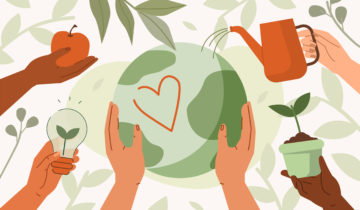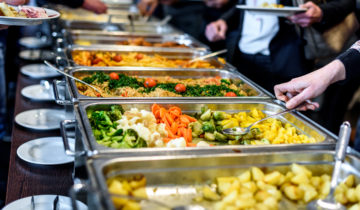Eureden Group is adapting to customer demand by assisting its farmers in their efforts to stop using caged eggs.
- Eureden Group has made a commitment to end its caged chicken farming.
- Eureden made this decision after consulting with its member farmers, who will be assisted through this transition.
Eureden listens to clients’ expectations and provides long-term support to its member farmers to help them navigate the latest market trends. To meet strong societal demand for practices that are more respectful of farm animals, our brand Cocotine made a commitment in 2017 to completely stop producing caged eggs.
Considering this movement to be an irreversible change on the market, Cocotine decided to plan ahead for the many consequences that this trend will have for its member farmers, guiding them through their transition to 100% alternatively farmed eggs :
- Animal welfare cage-free
- Free-range
- Organic
- Certified labels.
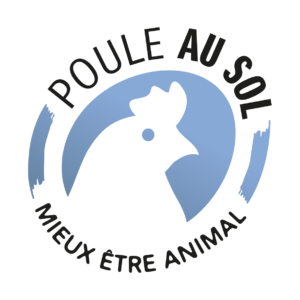
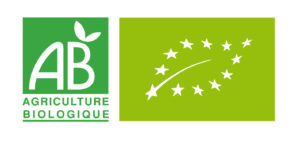
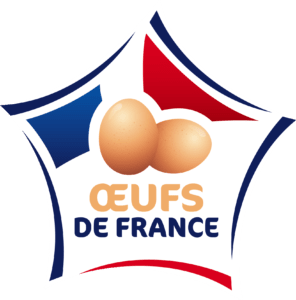
An important trend that Eureden foresaw
Several years ago, many actors that use eggs began to review their purchasing policies to gradually make the switch to free-range eggs in order to meet consumer expectations. This trend was confirmed in 2017, to the point that all major distributors and many industrial actors and food service companies are now committed to stopping their supply of caged eggs.
In the interest of satisfying all its clients’ requests, Eureden and its member farmers started adapting to these changes in 2017 by offering more and more alternatively farmed eggs (cage-free, “animal welfare” Code 2, free-range, organic and certified), which accounted for 45% of its eggs in the first half of 2020. Eureden now wants to go even further by anticipating the needs of its clients in the coming years. In fact, Eureden has released its first Corporate Social Responsibility Report, stating the goal of offering 100% alternatively farmed eggs.
Eureden launched an “animal welfare cage-free eggs” range through its brand Cocotine in March 2020. That product line was developed jointly with Welfarm, an animal welfare association. It is somewhere between the cage-free and free-range levels, further demonstrating the brand’s commitment to bolstering animal welfare. This approach aims to improve the living conditions of laying hens, including by means of access to a winter garden, natural light that helps produce bigger, higher-quality egg clutches, and enriched habitats that encourage the birds to engage in natural behaviours (like exploring, scratching, pecking, etc.).
In addition, our “animal welfare” Code 2 range provides a response to the twofold issue of accessible prices, expected by the social role of the food service industry, and animal welfare, thanks to the rollout of enhanced living conditions for the hens.
“Here at Cocotine, we made the choice to opt for “animal welfare” Code 2 eggs, because we believe there is a minimum level of animal welfare that should be guaranteed. We currently estimate the cost of the difference between the traditional Code 2 and the “animal welfare” Code 2 to be half a cent per egg.
“It takes 18 months to raise a pullet from chick to laying hen. Transforming a coop with cages into a cage-free coop takes another six months or so, meaning the total transition time can be around two years. In other words, if we and our farmers want to be able to satisfy our distributors’ demand for alternatively farmed eggs, we need to plan ahead. That planning requires sufficient advance commitments from our clients regarding the chosen alternative farming method and the date of the official switch”, notes Nicolas Gérald, Sales & Marketing Director for d’aucy Foodservice.
Crucial and continuous support for farmers and the sector
To bring alternatively farmed eggs out of their shells, we provide guidance and support to our farmers for this transition which is not without consequence on the cost of production: a reduced density of birds, additional outdoor ranges, extra monitoring work, an increased percentage of lost or broken eggs, etc. And when you are aware of the farmers’ existing long-term financial obligations, it is easy to see that the transition to alternative farming cannot be one-sided. Instead, it must be co-built, over time, by the different links in the industry’s value chain, with consumer engagement as a decisive variable for the process.
“I and my fellow chicken farmers went into debt by an average of €2.5 million to bring our farms in line with the new standards in 2012. We plan to repay our loans, but it would be impossible for us to do so any sooner, unless we want to go bankrupt. Eureden Group’s approach gives us some time, which is important, because aside from the positive effects of this kind of announcement, their are families that need to make a living from their work while updating their farms”, explains David Joubier, a chicken farmer for the Eureden co-operative and president of an egg producers’ group.
For all these reasons, Cocotine has given itself to complete the transition to 100% alternatively farmed eggs, adding new products to that range each year.
“There is a trend towards alternative farming. We are prepared to make the change, but first, we need to finish paying off our past investments. I just need the time to repay what we invested”, notes Marielle Houzé, an Eureden Group chicken farmer.
This process will require farmers that currently use cages to make the switch to alternatively farmed eggs, depending on the possibilities offered by the farm and its environment, and incorporating key animal welfare criteria.
“Farmers must not be the adjustment variable in this process. Eureden will now work with all stakeholders in the sector, especially banks and their customers, to find solutions with and for our member farmers. During this transition period, contracting with clients should be based on a fair price that allows for the repayment of amounts owed and for reinvestment in farming methods that align with consumer expectations”, says Nicolas Gérald.






